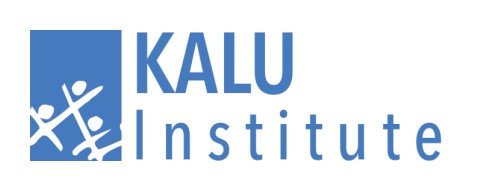Design
The development of Project Kalu started from the following work areas:
- Definition of the learning model: Based on the training needs and geographic location of the target group, and their limitations in terms of access to study centres and time available for studying.
- Content design: Created by humanitarian workers and people with vast experience in development, working on official and legal documents and complemented by materials and exercises designed for the courses.
- Design of learning management: Through the Moodle e-learning platform
- Definition of assessment model: Via online exams, case studies and research projects.
Consultations
The study method and contents of Proyecto Kalu have been the result of a consultation process among professionals from both the world of international cooperation and training:
- A general survey was carried out on the circumstances surrounding prospective students and training methods: They were asked about the need for training in teams and their difficulties accessing them, the current supply of these programmes, the most appropriate teaching methodologies and in particular the learning conditions of virtual programmes. This survey was carried out on-line via a website.
- Another survey was carried out on the topics that should form part of the portal. These questions were carried out by electronic mail, telephone and personal interviews.
Conclusions
With the results of these questions the syllabus was created with the following criteria:
- General training should be provided for all humanitarian workers, as well as specialised training in specific subject areas for more advanced learners and practitioners.
- The ranges of courses should meet the needs of those who can dedicate more time to training as well as those who prefer or want to take part in short courses, seminars and workshops
- It should draw mainly on material from official and public documents, NGO policies and procedures, United Nations Systems, Movement of the Red Cross, universities, expert forums and research institutions.
- Materials should be practical and applicable.
- The assessment process should focus on test exercises, case studies and research projects, rather than on forum participation as the latter may penalize student without reliable internet access as well as those who prefer to work independently.
